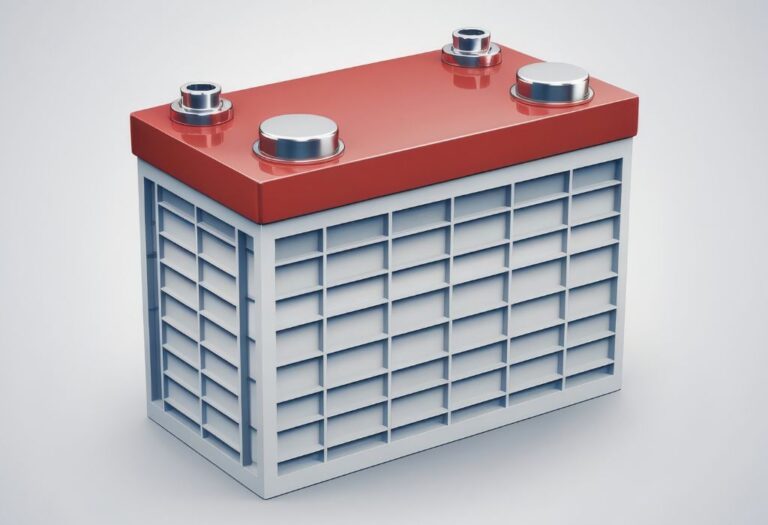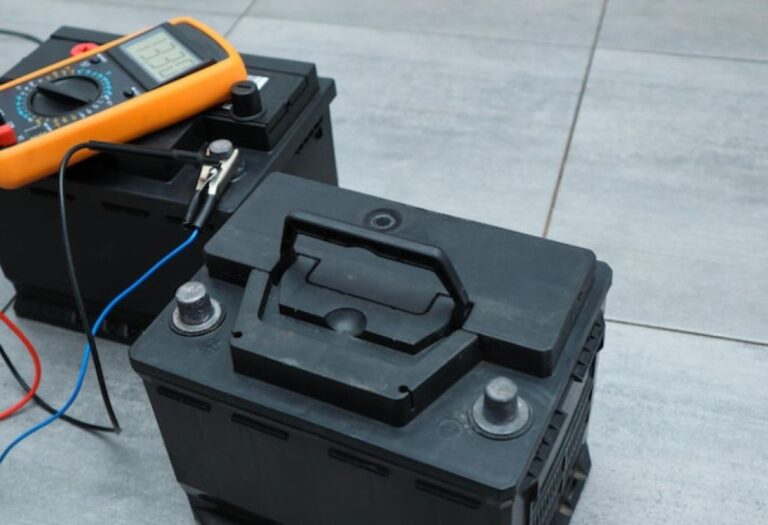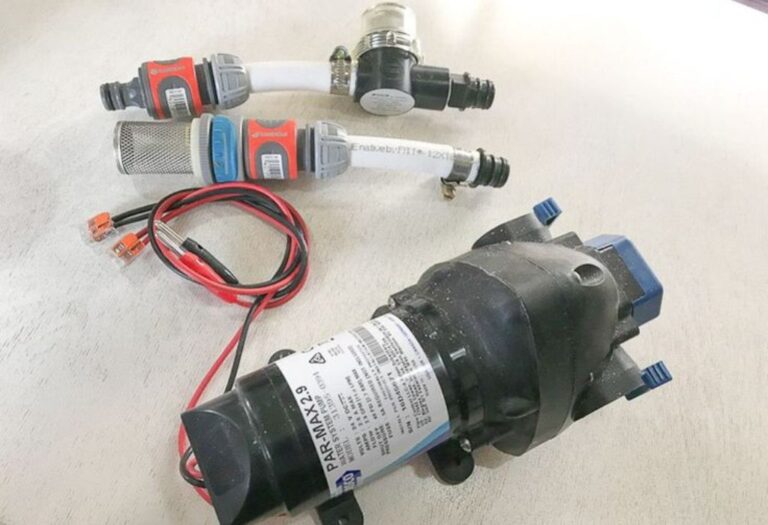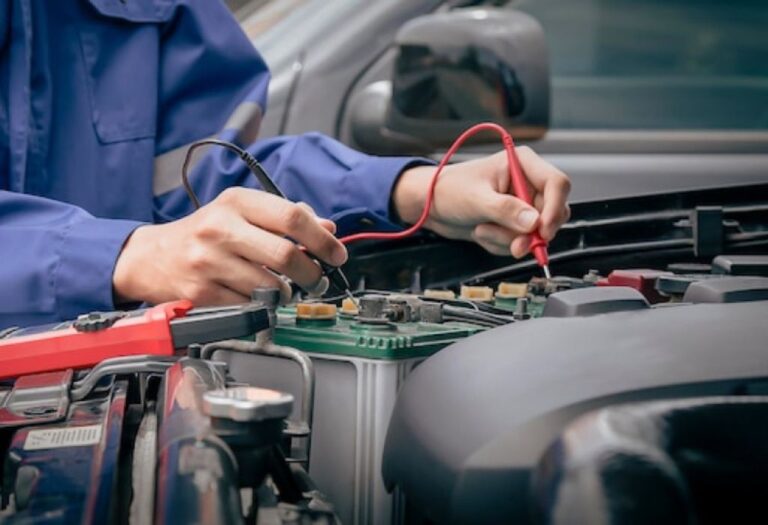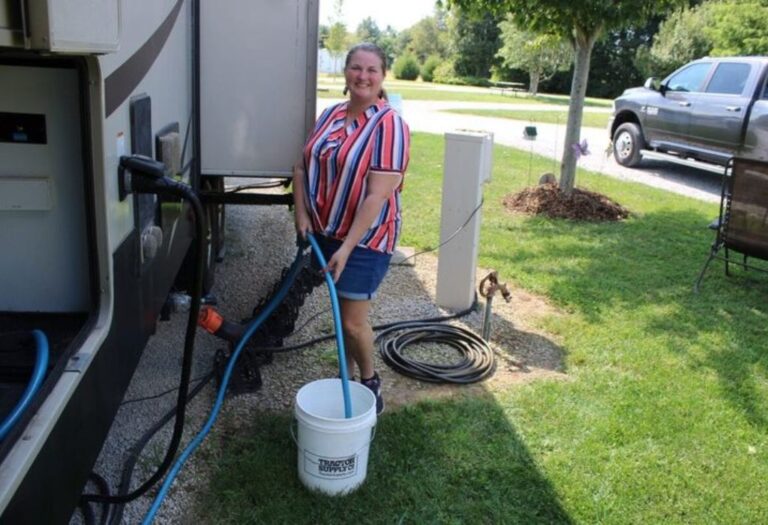How Often to Change the Anode Rod in an RV Water Heater
Your RV water heater is a vital system, providing hot water for showers, dishes, and general comfort on the road. But over time, water heaters are susceptible to corrosion, especially in regions with hard water or high mineral content.
The anode rod, a simple but crucial component, acts as a sacrificial protector inside the tank. It attracts corrosive elements in the water, preventing them from attacking the metal of the tank itself. Without a functioning anode rod, your RV water heater could rust from the inside out, leading to leaks, sediment buildup, and costly repairs.
A common question among RV owners is: “How often should I change the anode rod in my RV water heater?” The answer depends on water quality, tank type, and usage. In this guide, we’ll cover how the anode rod works, signs it needs replacement, recommended intervals, and a step-by-step replacement guide to keep your water heater running efficiently and safely for years to come.
What Is an Anode Rod and How It Works

An anode rod is a sacrificial metal rod inserted into the RV water heater tank. Typically made from magnesium, aluminum, or zinc, it protects the steel tank by corroding in place of the tank’s interior. This process is called cathodic protection.
- Magnesium rods: Highly effective at preventing corrosion but wear faster in hard water.
- Aluminum rods: Slower corrosion rate, better for softer water.
- Zinc or composite rods: Help reduce odors in certain water conditions.
The rod attracts corrosive ions, which react with the anode instead of the tank itself. Over time, the rod corrodes and becomes depleted, which is why timely replacement is essential.
Signs Your Anode Rod Needs Replacing
Monitoring the condition of your anode rod helps prevent tank failure. Signs include:
- Rusty or discolored water: Indicates the rod is no longer protecting the tank.
- Sediment buildup: Corrosion debris accumulates inside the tank.
- Visible deterioration: The rod is heavily corroded, broken, or crumbling.
- Reduced tank lifespan: Hot water heater shows early signs of leaks or inefficiency.
Regular inspections can help detect these issues before major damage occurs.
Recommended Replacement Frequency
Replacement depends on water conditions and usage:
- Typical guidance: Replace every 1–3 years for most RVs.
- Water quality factors: Hard water or highly chlorinated water accelerates corrosion.
- Usage frequency: Frequent use shortens rod life.
- Seasonal or regional factors: Cold climates or soft water may allow longer intervals; hot climates with hard water may require more frequent replacement.
Replacing the anode rod on time ensures continued protection for your tank and prevents expensive repairs.
Step-by-Step Guide to Checking and Replacing the Anode Rod
Step 1: Turn Off Power and Water Supply
- Disconnect the RV from electricity or propane.
- Shut off the water supply to the heater.
Step 2: Drain the Water Heater
- Open the drain valve and let water partially drain to relieve pressure.
- Remove the pressure relief valve if necessary to speed up draining.
Step 3: Remove the Old Anode Rod
- Unscrew the rod carefully. Some rods require a socket wrench or adjustable wrench.
- Inspect the rod for corrosion, crumbling, or excessive wear.
Step 4: Install the New Rod
- Apply plumber’s tape to threads if recommended by the manufacturer.
- Insert and tighten the new rod without over-tightening to prevent damage.
Step 5: Refill the Tank and Test
- Close all valves and refill the tank with fresh water.
- Check for leaks and ensure water flows normally from all faucets.
Step 6: Regular Maintenance
- Schedule inspections every 6–12 months to monitor rod condition.
Types of Anode Rods for RV Water Heaters

- Magnesium Rods: Best for corrosion protection; wear faster in hard water.
- Aluminum Rods: Longer life in soft water; slower protection.
- Zinc or Composite Rods: Helps prevent odor in chlorinated water; moderate protection.
Selecting the right rod depends on your water source, tank material, and desired longevity.
How Water Quality Affects Anode Rod Life
- Hard water: Accelerates corrosion, reducing rod lifespan.
- Chlorinated water: Can cause faster wear.
- Water softeners: May prolong rod life, but routine inspection is still necessary.
Understanding your water chemistry helps determine when to inspect and replace the rod.
Common Mistakes to Avoid
- Waiting too long to replace a depleted rod.
- Installing the wrong type of rod for your water conditions.
- Over-tightening or under-tightening the rod.
- Ignoring regular inspections and relying solely on time intervals.
Avoiding these mistakes ensures effective tank protection and reduces costly repairs.
Frequently Asked Questions (FAQs)
How often should I replace the anode rod in an RV water heater?
Generally, every 1–3 years, depending on water quality, tank type, and usage.
How do I know if the anode rod is worn out?
Signs include rusty or discolored water, sediment buildup, and visible corrosion or crumbling of the rod.
What type of anode rod is best for RV water heaters?
Magnesium is highly effective but corrodes faster in hard water. Aluminum rods last longer in soft water. Zinc or composite rods help reduce odors.
Can I replace the rod myself?
Yes, with basic tools and following safety steps like turning off power and draining water.
Does water hardness affect rod lifespan?
Yes, harder water accelerates corrosion and may require more frequent replacement.
Is it necessary to inspect the rod every year?
Yes, annual inspections help prevent tank damage even if the rod has not reached its typical replacement interval.
Can a neglected anode rod damage the tank?
Yes, without a functioning rod, the steel tank will corrode, leading to leaks and costly repairs.
Can I use any rod material for replacement?
It’s best to match the manufacturer’s recommended material for your tank and water conditions.
Does chlorine in water affect the rod?
Yes, chlorinated water accelerates corrosion, so monitor rod condition more closely if using treated municipal water.
Should I replace the rod during winterization?
It’s a good time to inspect and replace the anode rod while the system is drained and prepared for storage.
Conclusion: Extend Your RV Water Heater’s Life with Proper Anode Rod Maintenance
The anode rod is critical for preventing corrosion in your RV water heater. Replacing it every 1–3 years, inspecting it regularly, and choosing the right rod type ensures your tank remains protected and your hot water safe and reliable.
Routine maintenance, attention to water quality, and following proper replacement steps will extend the life of your RV water heater, prevent leaks, and save you costly repairs. Proper care of this simple component can keep your water system running efficiently for many years of road trips and adventures.
I’m David R. Coleman, the founder, lead writer, and lifelong tool enthusiast behind GarageToolPro.com. With years of experience in automotive repair, woodworking, and home DIY projects, I created this platform to share practical tips, detailed tool reviews, and step-by-step guides that help mechanics, hobbyists, and homeowners get the job done right the first time.

